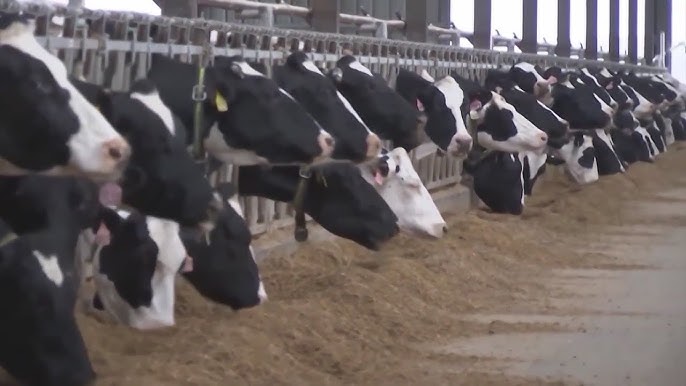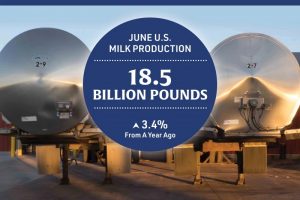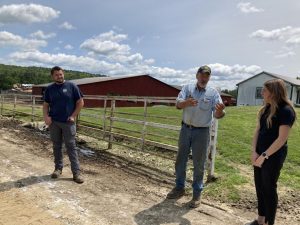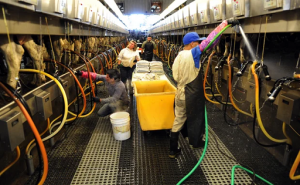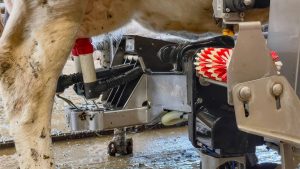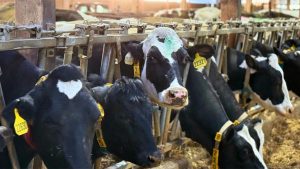
Central Valley dairy farmers are growing with concern as avian flu continues to spread.
The Fresno County Farm Bureau confirms that more than 100 dairy facilities in California are seeing likely or confirmed avian flu cases transmitted between dairy cows. Most are located in the Central Valley.
“From both the individuals I spoke to, they both said this is something they’ve never seen throughout their career,” Fresno County Farm Bureau CEO Ryan Jacobsen said
As of Oct. 11, 100 California dairy facilities have detected H5N1 bird flu among their dairy cows. The problem primarily exists in the Central Valley, and the Fresno County Farm Bureau has been in contact with two farmers dealing with rising bird flu cases.
“What I’ve heard from dairy facilities is this can double every single day the number of cases, because it’s very contagious and spreads very quickly once it gets on a facility,” Jacobsen said.
Farmers tell Jacobsen this is all new to them.
“It is a very brutal, you know, illness in the sense that we still don’t know a lot about it. If you think back to the early days of COVID, this is where we are on the avian influenza side in the sense that we’re not even still quite sure how it’s moving from cow to cow,” Jacobsen said.
And more hours of work are needed to take care of the sick cows.
“You’ll see a temperature spike. She doesn’t take any water. Combine that with, we’ve been through a very warm summer, especially the last few weeks. That warm temperatures definitely help to exacerbate the issue,” Jacobsen said.
Some farmers are perplexed by the virus’ spread – Tulare County dairy farmer Preston Fernandes says the California Farm Bureau said it came as a surprise when milk samples from his farm tested positive for the virus last month. Jacobsen says the public is not at risk of tainted dairy products.
“Pasteurization has been shown to kill avian influenza. So there is no risk to humans buying milk from the store or taking it home or any of their dairy products,” Jacobsen said.
“When a facility goes through this, they’re looking at a significant reduction facility-wide. But the cows, even when they recover, don’t return to where they were milking before. And so some dairies realistically are going to be six months to a year out, potentially getting back to the production to where they were before,” Jacobsen said.
Only time will tell how milk production in California will be impacted, and there are fears about what the avian flu can mutate into.
“I think the concern going forward is just what happens when it starts going from bovine to human to human, and that transmission may start changing what it looks like,” Jacobsen said.
You can now read the most important #news on #eDairyNews #Whatsapp channels!!!
🇺🇸 eDairy News INGLÊS: https://whatsapp.com/channel/0029VaKsjzGDTkJyIN6hcP1K
